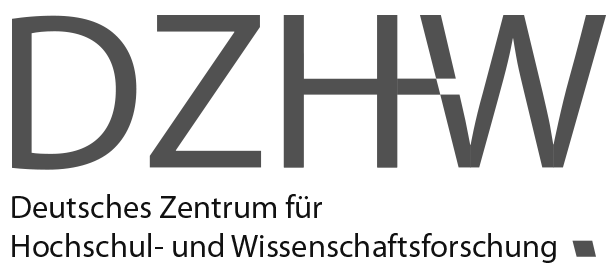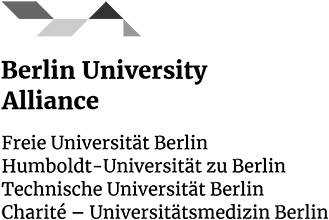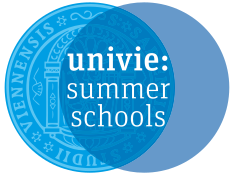
organizers
esss is jointly organized by

The University of Vienna was founded in 1365 and is the oldest university in the German-speaking world and one of the largest in Central Europe. At present, about 85,000 students are enrolled at the University of Vienna, in close to 180 courses. The University of Vienna is also the largest teaching and research institution in Austria with close to 8,600 employees, 6,500 of which are scientists and academics.

The German Centre for Higher Education Research and Science Studies (DZHW – Deutsches Zentrum für Hochschul- und Wissenschaftsforschung) conducts basic and application oriented research in the fields of higher education and science studies. The institute’s research activities inform higher education and science policy making. Much of the research conducted at the institute is longitudinal, often taking on an interdisciplinary and internationally comparative perspective. The DZHW considers itself to be a leading partner of the scientific community, shaping educational and science policies and providing services in the area of higher education.

Situated in the heart of Western Europe, K.U.Leuven has been a centre of learning for almost six centuries. Founded in 1425 by Pope Martin V, K.U.Leuven bears the double honour of being the oldest existant Catholic university in the world and the oldest university in the Low Countries.

The University of Granada, founded in 1531, stands as a bastion of academic tradition and excellence in Spain. Nestled in the historic city of Granada, its distinguished faculty and diverse range of undergraduate and postgraduate programs attract students globally. The university’s commitment to innovation and international collaboration is evident in its beautiful campuses and historic architecture, providing an inspiring environment for learning and research. The UGR participates in the ESSS through the Unit for Computational Humanities and Social Sciences (U-CHASS), the research group HUM466 and the department of Information and Documentation. U-CHASS is formed by a multidisciplinary team of researchers aiming at transforming the way social and human sciences have traditionally addressed major social challenges by integrating advanced computational techniques and artificial intelligence. The Research Group HUM 4466 on Access and Evaluation of Scientific Information is integrated by researchers from Library Studies, Translation and Communication. The department of Information and Communication stands as a global leader in the field, renowned for its cutting-edge research and academic excellence in information and communication studies.

The Center for Open and Responsible Research (CORe) at the Berlin University Alliance fosters Research and Reflection on Research Quality and Open Science. Based on the results of its research-based approach it develops, exploratory tests, validates and implements measures, processes, guidelines and incentives aiming to ensure that research at the partner organizations of the Berlin University Alliance meets the highest standards of quality, integrity, openness and transparency. The Berlin University Alliance is a consortium consisting of three major Berlin universities – Freie Universität Berlin, Humboldt-Universität zu Berlin, Technische Universität Berlin – and Charité – Universitätsmedizin Berlin, established to shape research and education in Berlin. It is funded by the Federal Ministry of Education and Research (BMBF) and the State of Berlin under the Excellence Strategy of the Federal Government and the Länder.

Sapienza is one of the oldest European universities, founded in 1303 by Pope Boniface VIII and it is Europe’s largest university with ca. 112,000 students and over 8,000 employees, including professors, staff and technicians. The Department of Computer, Control, and Management Engineering Antonio Ruberti (Dipartimento di Ingegneria informatica automatica e gestionale Antonio Ruberti – DIAG) is a center for research and education at the undergraduate and graduate levels. Internationally renowned research groups in computer science, system science, and management science are active at DIAG. Basic research is its main goal, with a strong emphasis on interdisciplinary research, on applications that stimulate basic research, and on technology transfer and dissemination of results.
As president of the ISSI (International Society for Scientometrics and Informetrics) I highly welcome the esss initiative. The advantages and opportunities arising from collaboration and participation by members of several leading European institutes are manifold. Surely, students and workers in the field will benefit greatly, not only from the contents of the courses themselves but also by participating in a network of interested parties.
I wish all involved a successful partnership.

